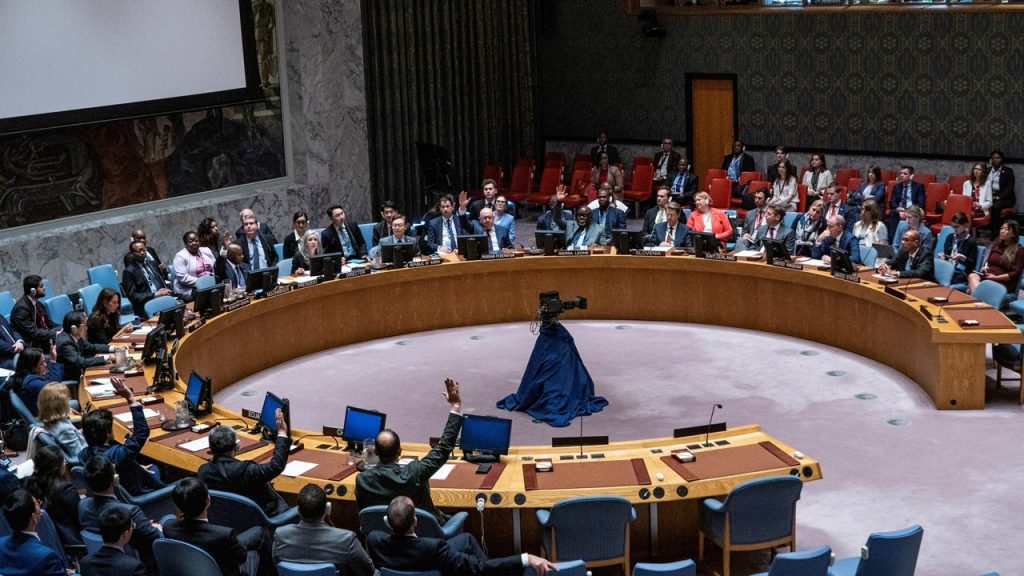Denmark, Greece, Pakistan, Panama, and Somalia have been elected to serve a two-year term on the United Nations Security Council, starting on Jan. 1, 2025. These countries replace Ecuador, Japan, Malta, Switzerland, and Mozambique on the 15-member council, which is comprised of five permanent members – Britain, China, France, Russia, and the United States – who hold veto power. The remaining 10 members are elected by the General Assembly, with five new countries joining each year. The Security Council is the only U.N. body that can make legally binding decisions, such as imposing sanctions and authorizing the use of force.
The General Assembly’s elections on Thursday saw Denmark receiving 184 votes, Greece 182, Pakistan 182, Panama 183, and Somalia 179. Despite running in uncontested slates, these countries still needed to secure the support of more than two-thirds of the General Assembly to be elected. Seats on the Security Council are allocated to regional groups to ensure geographical representation, and candidates must win the support of their respective groups, even if they are running unopposed. The five newly elected countries will serve alongside the five permanent members to address international security issues and conflicts.
The Security Council has called for responsible arms transfers amidst the ongoing Ukraine-Russia war, highlighting the importance of upholding international security and peace. The council plays a crucial role in addressing global conflicts and crises, advocating for human rights, and promoting peacekeeping efforts. As one of the primary decision-making bodies within the United Nations, the Security Council’s decisions have significant implications for international relations and peacekeeping operations.
As the new members prepare to join the Security Council, they will have the opportunity to participate in discussions and debates on key security issues facing the international community. Denmark, Greece, Pakistan, Panama, and Somalia will contribute their perspectives and expertise to the council’s decision-making process, working alongside the permanent members to address complex challenges and conflicts. The diverse representation on the council reflects the global nature of security concerns and the need for collaborative efforts to promote peace and stability.
The newly elected members will have the opportunity to engage with a range of global security challenges, from conflict resolution to counterterrorism efforts. As representatives of their respective regions, Denmark, Greece, Pakistan, Panama, and Somalia will bring unique perspectives and experiences to the Security Council’s discussions and decision-making processes. The council’s ability to pass legally binding resolutions and authorize international interventions underscores its importance in maintaining global peace and security.
In conclusion, the election of Denmark, Greece, Pakistan, Panama, and Somalia to the United Nations Security Council reflects a commitment to promoting international cooperation and addressing global security challenges. These countries will have the opportunity to contribute their voices to critical discussions on conflict resolution, peacekeeping efforts, and humanitarian crises. By working alongside the council’s permanent members and engaging with regional and global partners, the new members will play a significant role in advancing the council’s mandate to maintain international peace and security.













